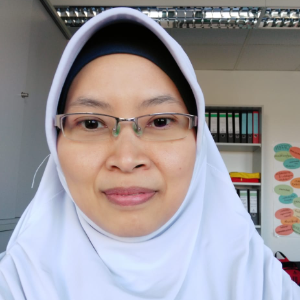Abstract:
This study aims to figure out parents’ roles in developing socioemotional competences of children aged 4-6 years in the new normal period. After the pandemic Covid-19 period, the role of parents changed slightly because parents began to work outside the home. Therefore, parents were no longer fully (24 hours) a good model for children, providing facilities according to children's needs and motivation continuously. This impacted on the socioemotional competences of children aged 4-6 years such as children rarely communicating with their parents directly, playing together at home, and being less responsible for the tasks given by their parents. We asked a research question how the parents roles in developing social emotional competences of children aged 4-6 years in the new normal. We interviewed 7 parents in DKI Jakarta with indicators 1) how did parents become models for children? 2) how did parents motivate children, and 3) how did parents provide play and learning facilities for children aged 4-6 years in developing socioemotional competences? We analysed the data qualitatively with the stages of data reduction, display and data verification. Findings found that 1) modeling: parents gave examples of the activities which they did, respected others, didn't speak loudly, obeyed the rules, told what was right and wrong, 2) motivators: controlled emotions, praised children when they behaved positively, solved problems together, guided children to behave positively, supported children's thinking, conveyed advices, not blamed children for negative behavior, provided opportunities for children to express their feelings, 3) facilitator: admitted children to ECE institutions, so they can get along with other children, played or did other activities with children, hanged out and discussed with children, affectionate children, provided toys or other facilities to support children's needs. We concluded that parents still pay attention to their children's social emotional competences at home after the pandemic (new normal) by being a good model, providing motivation and facilities for children. We implied that parents can improve the quality of their children's emotional social competence at home.
What will audience learn from your presentation?
- The audience will know how Jakartas’ parents developed socioemotional competences of children in the new normal period.
- The university/academician can hold further research/studies especially in early childhood education topics
- The university/academician can train the parents in the parenting programs.
- Teachers can collaborative with parents in developing socioemotional competences of children.
- The government can help parents condition with financial support, health facilities and foods in the new normal period.




